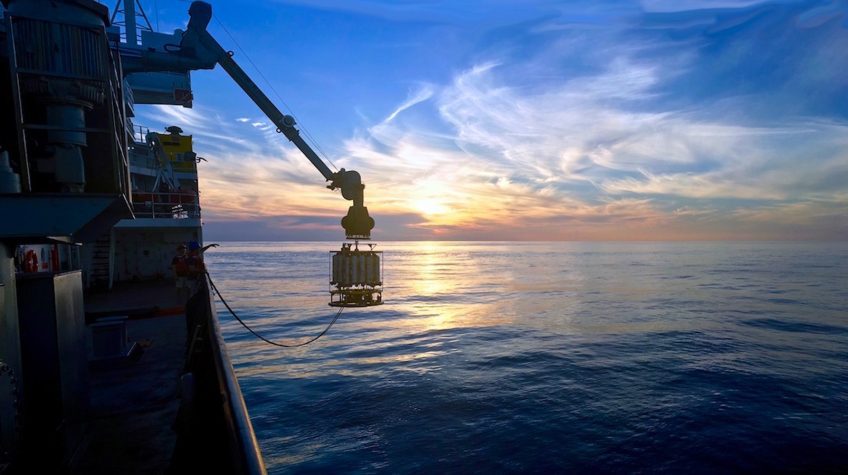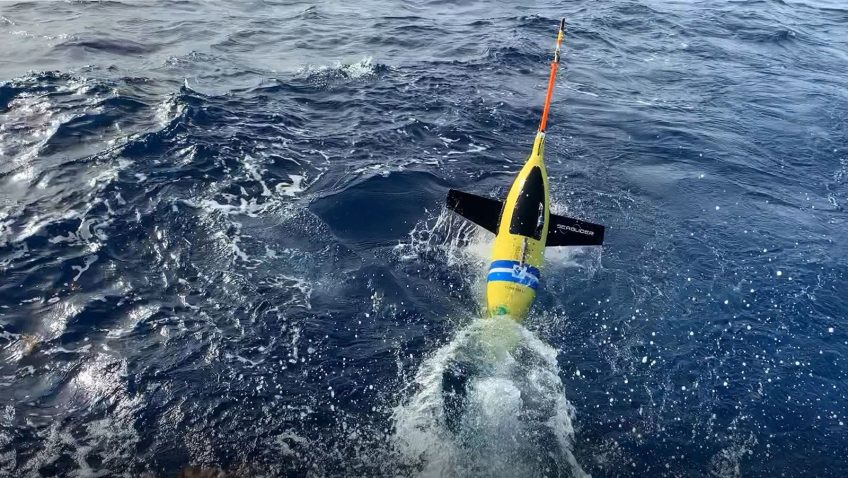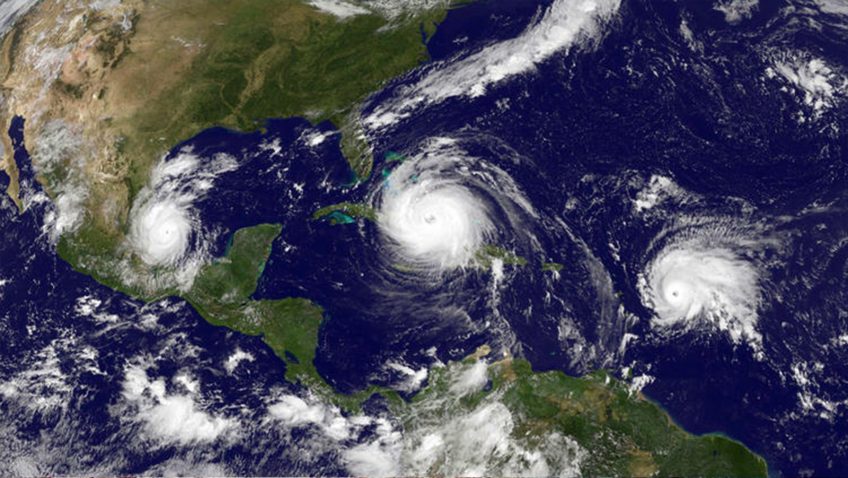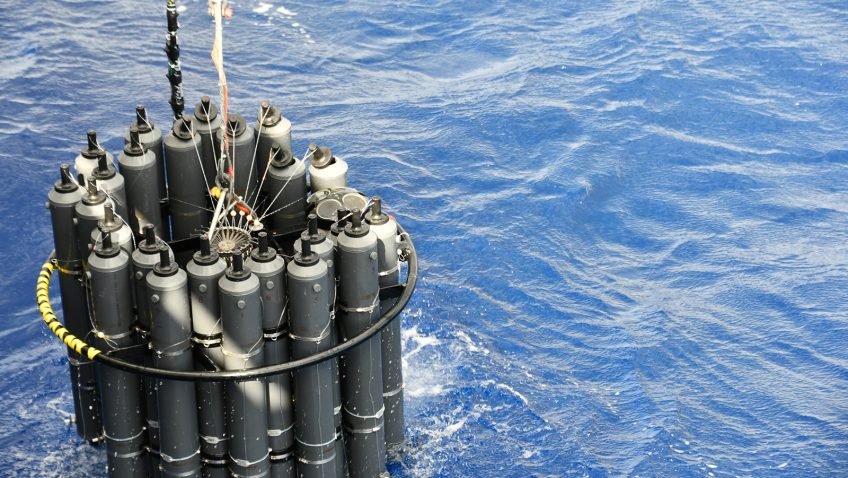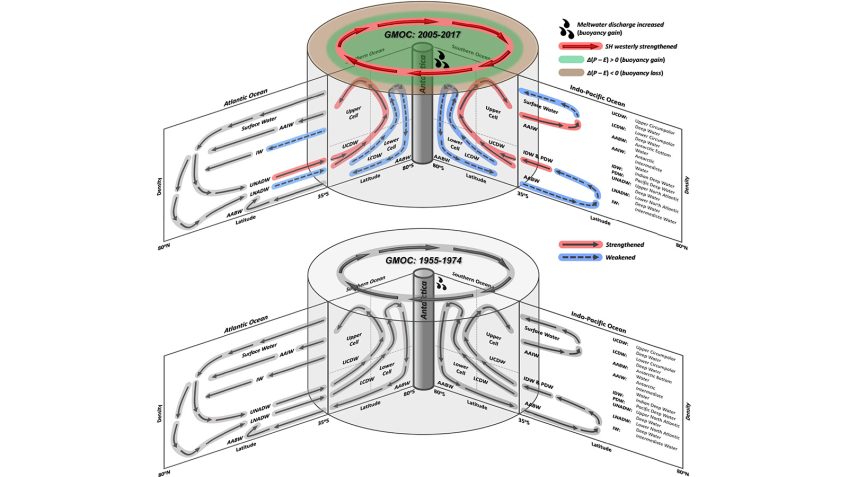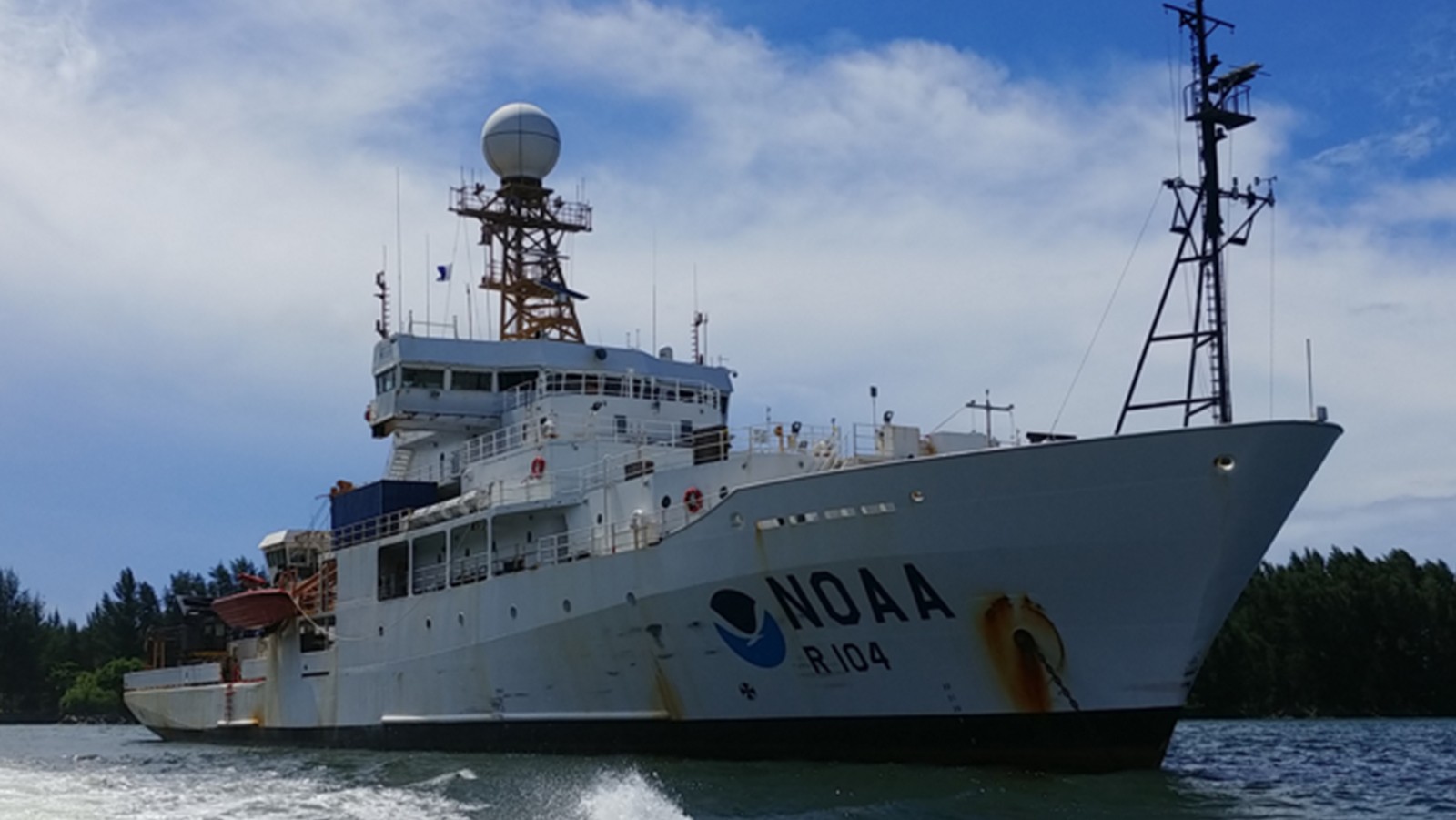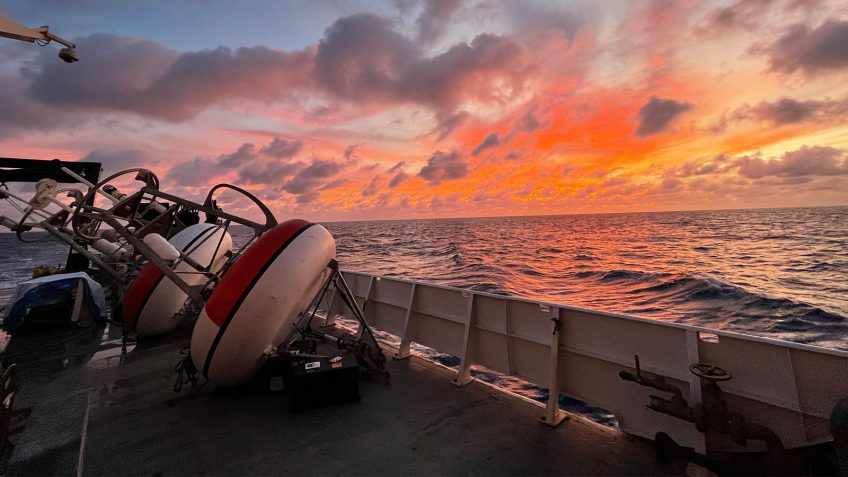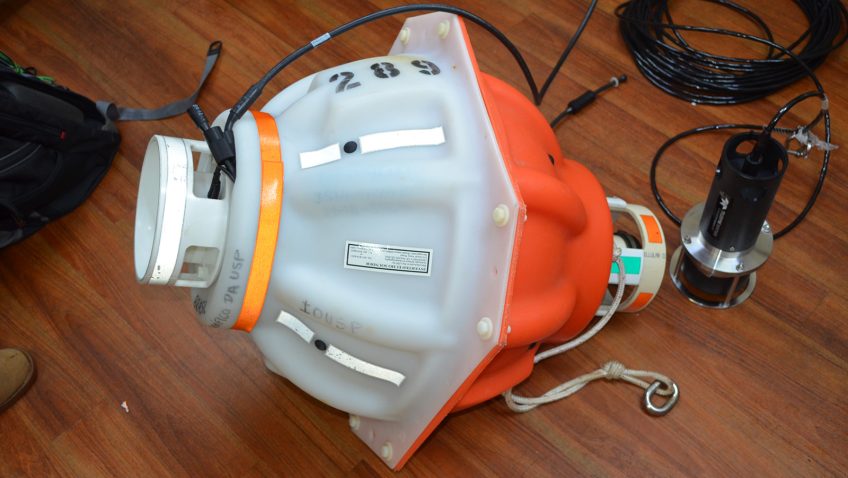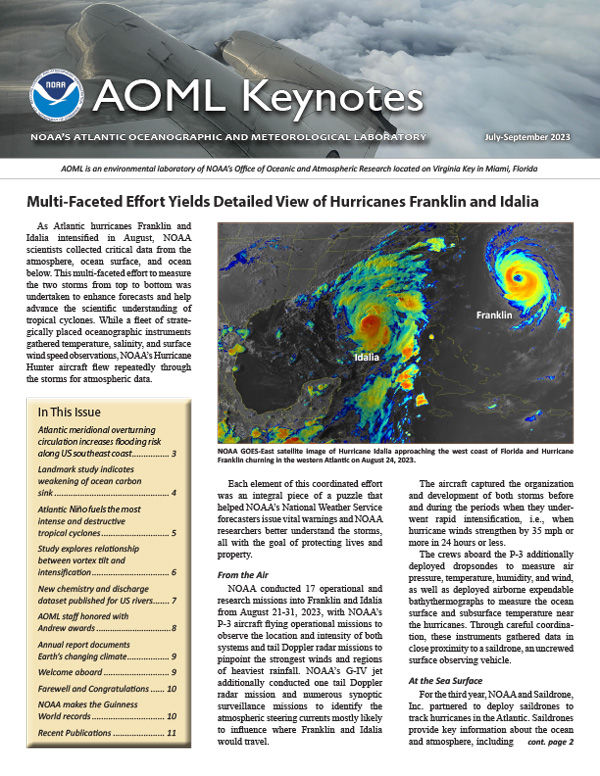Landmark study analyzes global ocean carbon storage over two decades, indicates weakening of ocean carbon sink
A landmark study published last week demonstrates that the ocean’s role as a carbon sink and its ability to store anthropogenic, or human-caused, carbon may be weakening. A collaboration among international researchers led by Jens Daniel Müller, Ph.D. (ETH Zurich), this study captures a snapshot of three decades of global interior ocean measurements to determine […]
